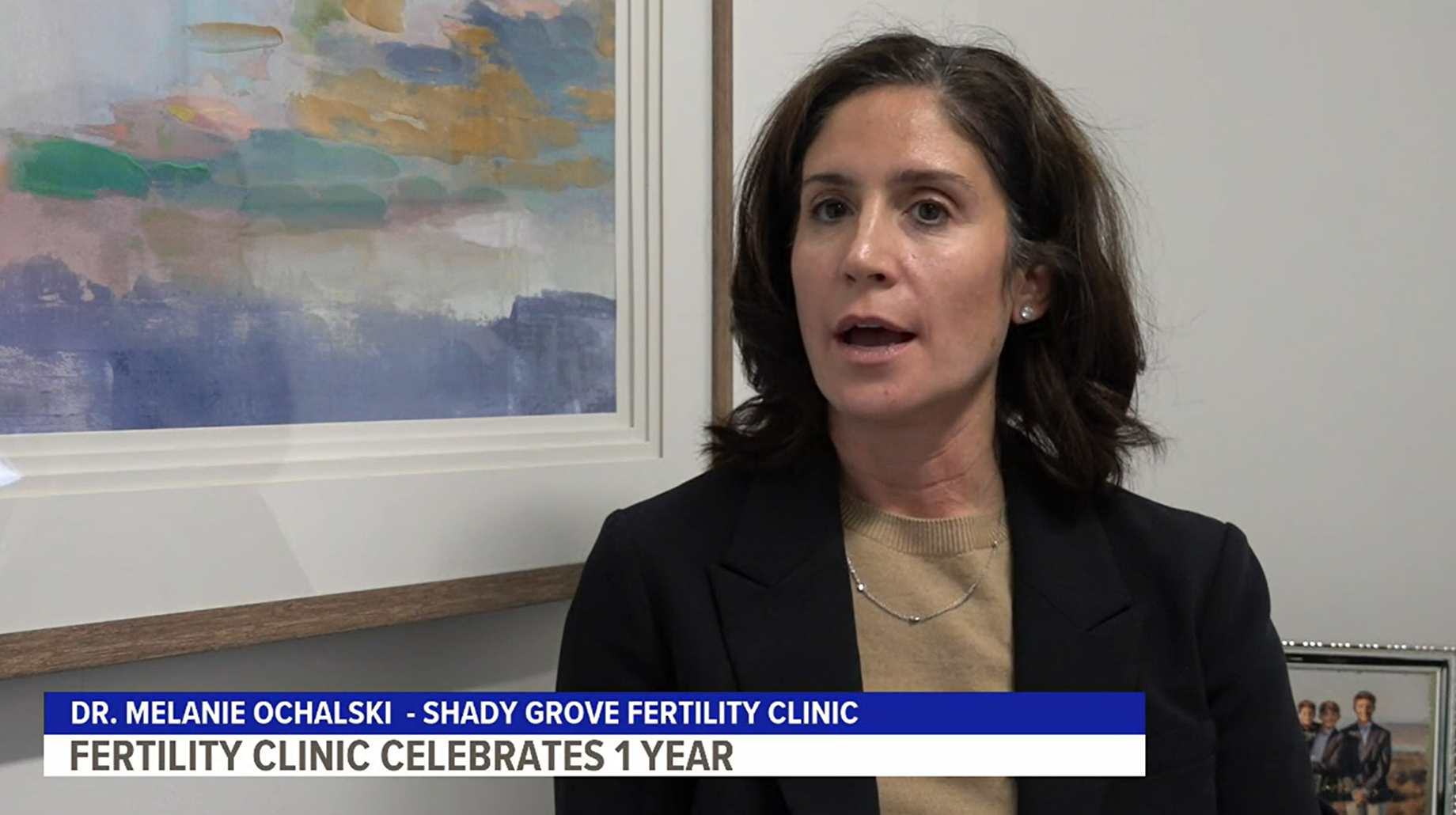Almost a decade ago, New York Times columnist Thomas Friedman declared that the world is flat, meaning technology and communication were successfully creating a world where quality of life would be equal. With emerging parity of technology and ability to communicate globally in mind, US News’ Anna Miller sought to answer the question, “Should you travel abroad for IVF?” Our very own Robert J. Stillman, M.D., Shady Grove Fertility’s Medical Director Emeritus, weighs in on important considerations as you contemplate traveling outside the United States in order to afford fertility treatment.
Shady Grove Fertility Practices Stepped Approach to Care
While medical care in the United States has been considered the gold standard in all areas for more than a century, Miller begins with the story of a California couple who after multiple unsuccessful attempts to become pregnant with the low-tech treatment intrauterine insemination (IUI) and then in vitro fertilization (IVF), eventually found themselves considering adoption from a foreign country. Many couples who undergo treatment at Shady Grove Fertility will certainly find this treatment protocol (IUI followed by IVF) familiar. We believe in a stepped approach to care, typically beginning treatment with less complex protocols involving medication and timed intercourse or IUI, for example, and only progressing to more advanced options such as IVF should the need arise.
Stillman Advises, Consider the Risks
For this California-based couple, after 3 years of unsuccessful treatment, adoption seemed the best option so they began to search online. At some point they happened upon a fertility center in the Caribbean that seemed to meet all their needs to continue fertility treatment, including cost of travel and lodging. According to the CEO of Patients without Borders, approximately 5 to 7 percent of the 1.2 million Americans who travel abroad for medical care are utilizing advanced procedures like IVF. In this couple’s case, the center they chose appears to have a high rate of successful pregnancies and positive endorsements online from previous patients.
Marcia Inhorn, an author and professor of international affairs and anthropology tells US News, “Medical care in the U.S. is so expensive that people feel like, to access it, they have to go to what we used to call ‘developing countries.’” Inhorn compared an average cycle of IVF in the U.S. (approximately $15,000) to the cost in India (about $3,000) and Thailand ($6,800). While the p and success rates seem alluring to patients, Robert J. Stillman, M.D., Shady Grove Fertility’s Medical Director Emeritus, expressed caution, “You’re not talking about defective footwear that you can get less expensive elsewhere or online,” he says. “You’re talking about your health and perhaps, in this case, your child’s health.”
The Research Can be Misleading When Trying to Afford Fertility Treatment
While the article describes the ease of fertility treatment in Barbados, including details of the affordable Airbnb house, inexpensive flights, and warm staff, there are very good reasons to stay stateside for fertility treatment. Judith Daar, a professor at Whittier Law School and the University of California-Irvine School of Medicine and chair of the American Society for Reproductive Medicine’s ethics committee, warns that Americans might not have access to accurate success rates and quality of care in certain countries and “they also may not be told about procedures’ risks and benefits and may not have as much legal protection abroad should something go wrong.”
Other concerns include language barriers, different standards for needle use and reuse, counterfeit medications, not to mention potential complications that could arise. With all the potential for harm, Dr. Stillman explains the dilemma for couples who desperately want to build their families: “Anyone who thinks these couples are doing [infertility treatment] without great anxiety, great concerns, without great thought, are doing those couples a disservice. But there really is a buyer beware.”
Communication is Key
Besides scouring the internet and ensuring all the accreditations and success rates are correct, every expert interviewed strongly encouraged patients considering going abroad to communicate thoroughly and often with the center’s staff and physician, previous patients, and the stateside physician, regardless of if they can afford fertility treatment. The U.S. doctor can help facilitate gathering all the medical records and will be better able to care for the patient upon their return if they are included in the process. Dr. Stillman assures readers that they should not worry about offending their American doctor if they decide to travel abroad, “the goal is to help facilitate individuals or couples having a family. If a couple can avail themselves of care elsewhere, it’s the ethical responsibility of the [U.S. providers] to support that or participate in that or not block it – to say the very least.”
Trust Your Instinct
Even the most well researched and most informed couples should remember that if they feel any trepidation, they should feel free not to proceed even if they can afford fertility treatment. For couples whose fertility journeys have taken them to foreign countries, it can be extraordinarily difficult putting a halt on treatment once they’ve arrived. Dr. Stillman notes, “Cross-border reproductive care can be a blessing, or it can lead very, very far down a tragic rabbit hole.”
The Benefit of Seeking Care in the United States
While the cost and potential success rates can seem enticing for patients considering fertility treatment, there are many benefits to seeking care in the United States. Organizations such as the American Society for Reproductive Medicine (ASRM) and the Society for Assisted Reproductive Technology (SART) enforce rules and regulations for communicating success rates and pregnancy rates, and other regulations that act to protect prospective patients and fertility centers. Furthermore, local fertility centers, such as Shady Grove Fertility, highly prioritize patient care and satisfaction, as well as facilitate easier access to care through a variety of financial programs so couples can afford fertility treatment. In fact, Shady Grove Fertility participates with over 30 insurance providers and has many exclusive financial programs that make treatment more accessible and more affordable.
If you would like to learn more about Shady Grove Fertility’s exclusive financial programs that make affording fertility treatment more accessible, or to schedule a consultation with one of our 34 reproductive Endocrinologists, call 888-761-1967 or click to schedule an appointment.






